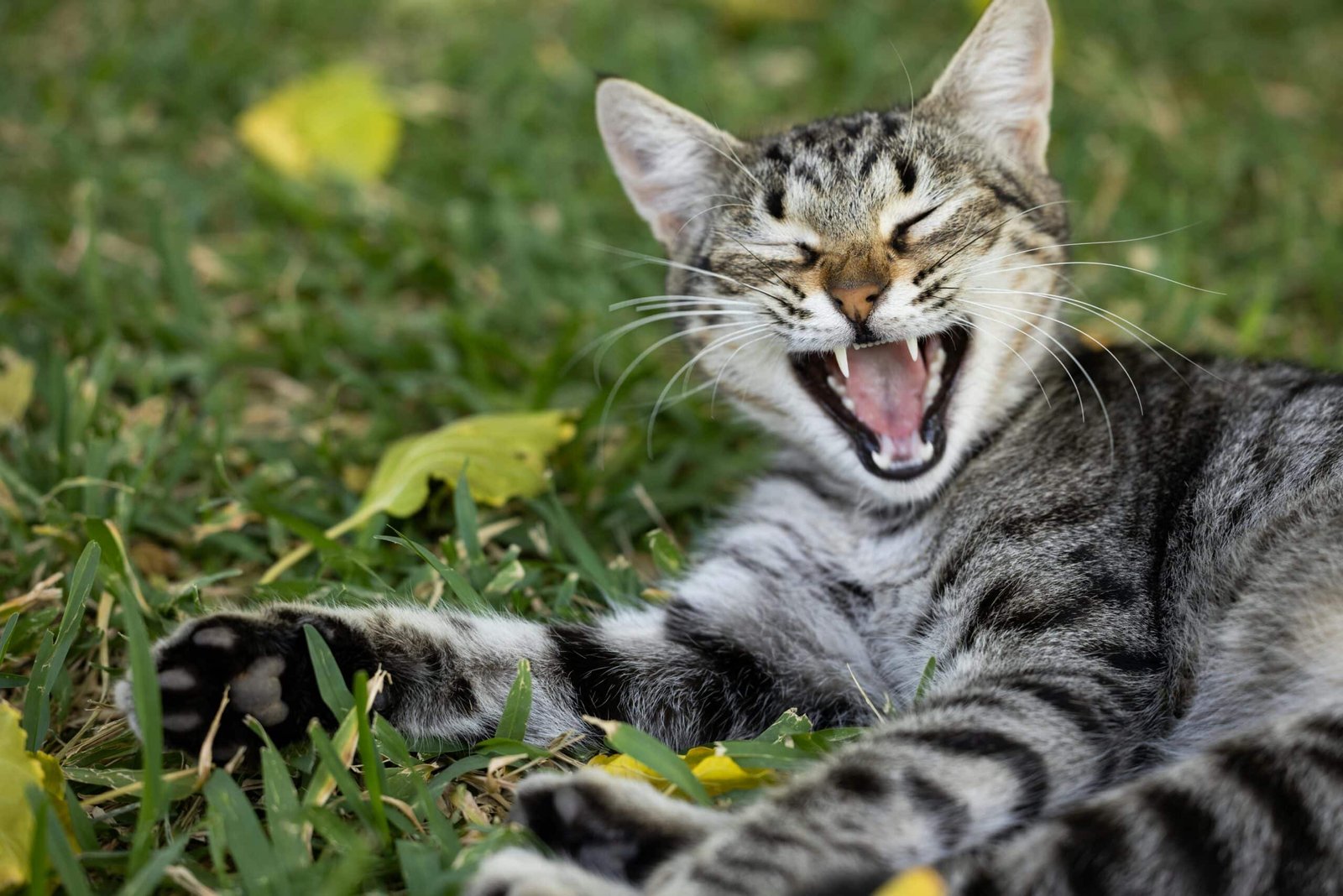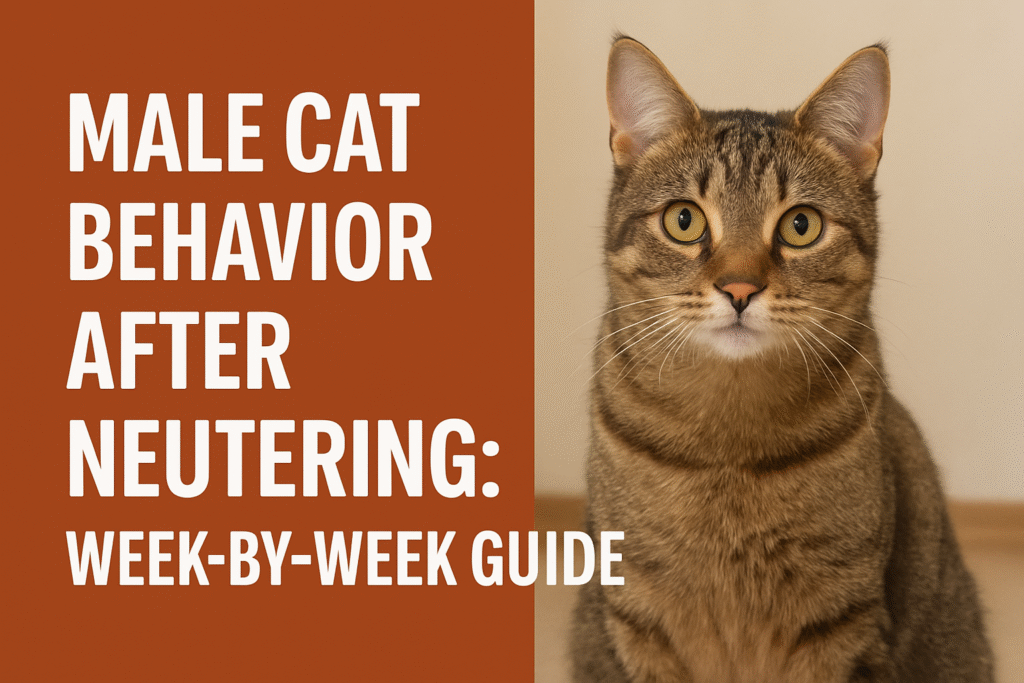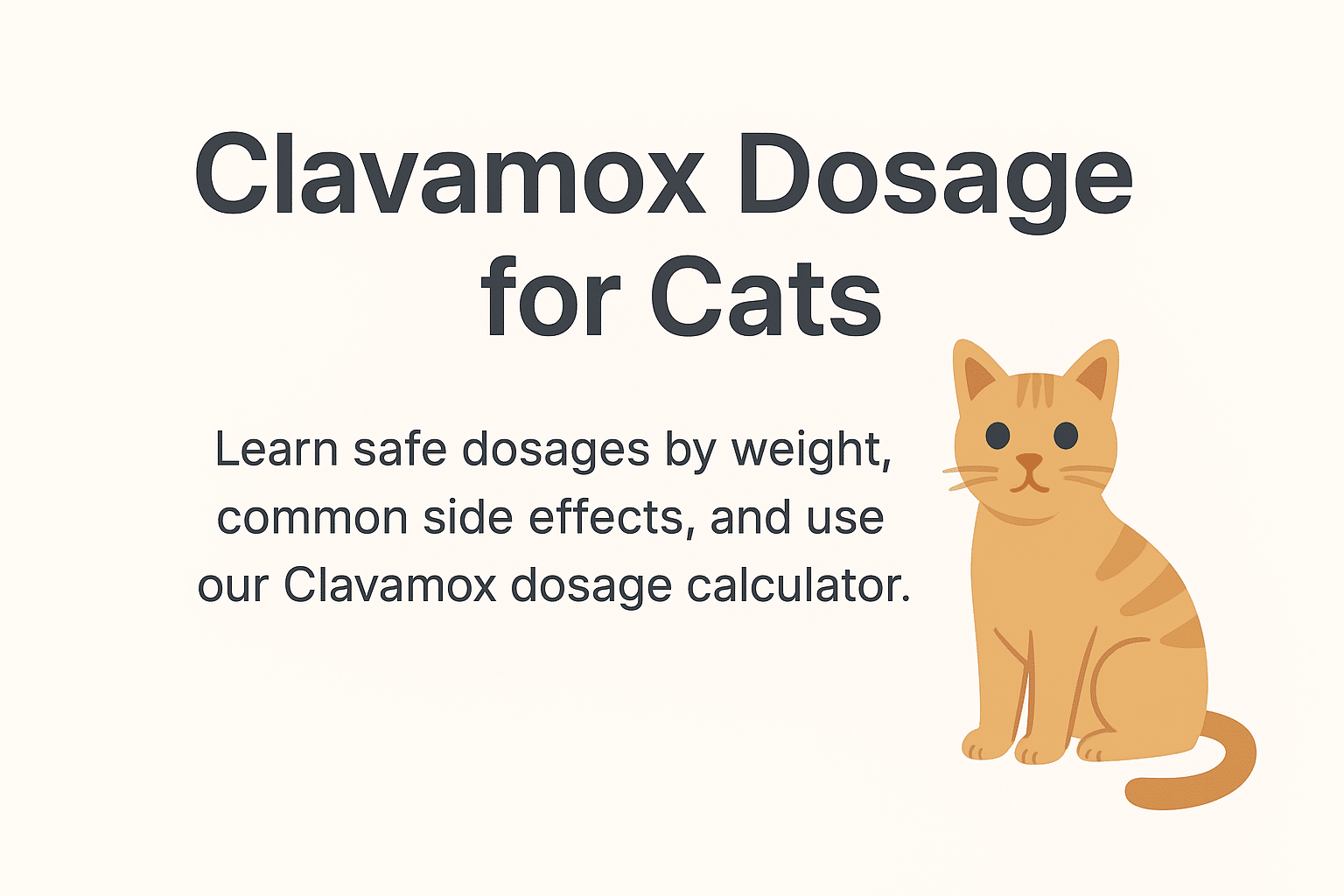Post Disclaimer
Catopedea shares information for educational and general interest purposes only. Our content is not a substitute for professional veterinary advice, diagnosis, or treatment. Always consult a licensed veterinarian for concerns about your cat’s health, diet, or behavior.
When you notice your cat breathing fast, it can be a worrying experience. Cats are usually calm and composed creatures, so any sudden change in their breathing can catch you off guard. While sometimes rapid breathing is harmless like after a fun play session other times it can signal a more serious health issue that needs immediate attention.
In this detailed guide, we’ll explore the possible causes of rapid breathing in cats, what is considered normal versus abnormal, and what you should do if you notice this behavior in your feline friend.
Understanding Cat Breathing: What’s Normal?
Before panicking, it’s important to know what “normal” breathing looks like for a healthy cat.
- Normal Respiratory Rate (Resting): 20–30 breaths per minute.
- Relaxed Breathing: Soft and quiet, with minimal chest movement.
- Sleeping Cats: May breathe a little slower, sometimes irregularly, especially during dreaming.
If your cat’s resting breaths are consistently above 30 per minute or you notice labored breathing, it could indicate a problem.
Common Causes of Fast Breathing in Cats

Let’s break down the most frequent reasons why a cat may breathe rapidly.
1. Physical Activity or Excitement
Just like humans, cats breathe faster after running, playing, or jumping. This type of fast breathing usually resolves once your cat calms down.
- Signs it’s harmless: Breathing slows within a few minutes, no open-mouth breathing, no distress.
- What to do: Allow your cat to rest and make sure they have water available.
2. Stress or Anxiety
Cats are sensitive creatures, and stress can cause them to breathe quickly. Trips to the vet, loud noises, or changes at home may trigger this.
- Signs: Dilated pupils, hiding, trembling, or vocalizing.
- What to do: Identify the stressor and help your cat feel safe. Use calming sprays or give them a quiet space.
3. Heat and Overheating
Unlike dogs, cats don’t pant often, but in hot environments, they may breathe fast to cool down.
- Signs: Open-mouth breathing, tongue sticking out, drooling, lethargy.
- Risk: Heatstroke (a medical emergency).
- What to do: Move your cat to a cool area, offer water, and seek vet care if symptoms worsen.
4. Pain or Discomfort
Cats hide pain well, but rapid breathing can be a subtle sign of discomfort from an injury, infection, or illness.
- Other signs: Reduced appetite, hiding, less movement.
- What to do: Monitor closely. If fast breathing persists, book a vet appointment.
5. Respiratory Infection
Upper respiratory infections are common, especially in kittens. These can cause difficulty breathing.
- Signs: Sneezing, nasal discharge, watery eyes, wheezing.
- What to do: Mild cases may resolve, but persistent or severe symptoms require veterinary treatment.
6. Asthma in Cats
Feline asthma is a chronic condition where airways become inflamed, causing rapid or labored breathing.
- Signs: Coughing, wheezing, fast breathing during flare-ups.
- What to do: Visit a vet for diagnosis and long-term management (often with inhalers).
7. Heart Disease
Heart problems may lead to fluid buildup in the lungs, making it harder for a cat to breathe normally.
- Signs: Persistent fast breathing, lethargy, coughing, fainting.
- What to do: Urgent veterinary care is required—this is serious.
8. Allergies or Environmental Triggers
Dust, smoke, pollen, or strong scents can irritate a cat’s respiratory system.
- Signs: Sneezing, watery eyes, fast breathing after exposure.
- What to do: Limit triggers, clean the environment, and ask your vet about allergy management.
9. Injuries or Trauma
If your cat recently had an accident, internal injuries could be the reason for rapid breathing.
- Signs: Visible wounds, limping, sensitivity to touch.
- What to do: Treat as an emergency and get veterinary help immediately.
10. Underlying Illness
Other medical conditions, such as anemia, fluid in the chest, or metabolic disorders, may cause fast breathing.
- What to do: Only a vet can diagnose these issues with blood work or imaging.
When Should You Worry About Fast Breathing?
Not every instance of fast breathing means an emergency. But here are red flag signs to look out for:
- Breathing rate over 40 per minute at rest
- Persistent open-mouth breathing
- Blue or pale gums
- Weakness, collapse, or inability to move
- Wheezing, coughing, or loud breathing
If your cat shows any of these, call your vet immediately.
How Vets Diagnose Rapid Breathing in Cats
A vet may run several tests to find the cause:
- Physical exam – listening to chest and lungs.
- X-rays or ultrasound – to check for fluid or abnormalities.
- Blood tests – to detect infections, anemia, or metabolic issues.
- Oxygen therapy – if breathing is severely impaired.
How to Help a Cat Breathing Fast at Home
If the cause is non-emergency, you can help your cat feel more comfortable:
- Keep them calm – Reduce stress and avoid handling too much.
- Provide a cool environment – Especially in hot weather.
- Hydration – Ensure access to fresh water.
- Reduce allergens – Use air purifiers, avoid strong scents.
- Observe closely – Track their breathing rate daily.
Prevention Tips
While not every case can be prevented, you can reduce risks:
- Schedule regular vet checkups
- Keep your home smoke-free
- Watch for weight gain (obesity increases breathing problems)
- Provide a balanced diet
- Limit stress and give cats safe spaces
FAQs About Cats Breathing Fast
1. Why is my cat breathing fast?
Cats may breathe fast due to exercise, stress, overheating, or medical issues like asthma, infections, or heart disease. If it persists, see a vet.
2. Do cats breathe fast when stressed?
Yes. Anxiety and stress can cause rapid breathing in cats, especially during travel, vet visits, or exposure to loud noises.
3. How fast should a cat breathe?
A healthy cat at rest should take 20–30 breaths per minute. Anything above 40 is concerning.
4. Why does my cat breathe fast while sleeping?
If it happens occasionally, it may be due to dreaming. Consistently fast breathing during rest may signal a health issue.
5. What should I do if my cat breathes fast?
First, count their breaths per minute. If it’s over 40 or paired with symptoms like lethargy, coughing, or open-mouth breathing, contact a vet immediately.
Conclusion
Noticing your cat breathing fast can be scary, but understanding what’s normal and what’s not helps you act wisely. Sometimes it’s nothing more than excitement or stress, but in other cases, it’s a warning sign of illness.
Always observe your cat’s overall behavior if the fast breathing is persistent, accompanied by other symptoms, or seems unusual, the safest option is to contact your veterinarian. Your cat depends on you to recognize these signs and keep them safe, healthy, and comfortable. If your veterinarian prescribes antibiotics, you may also want to check out our Clavamox dosage guide for cats, which explains how this medication works and includes a handy calculator.


